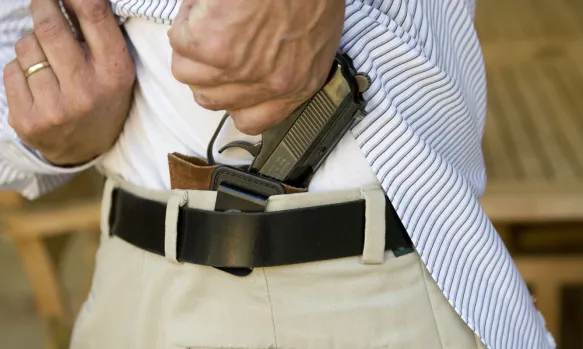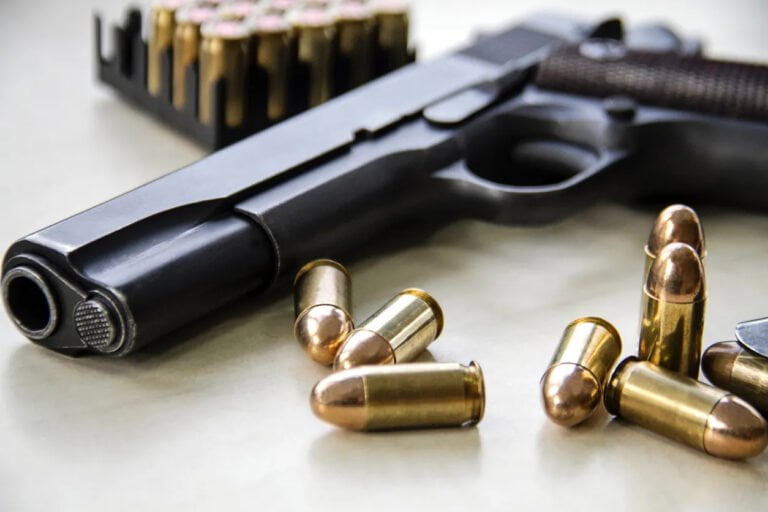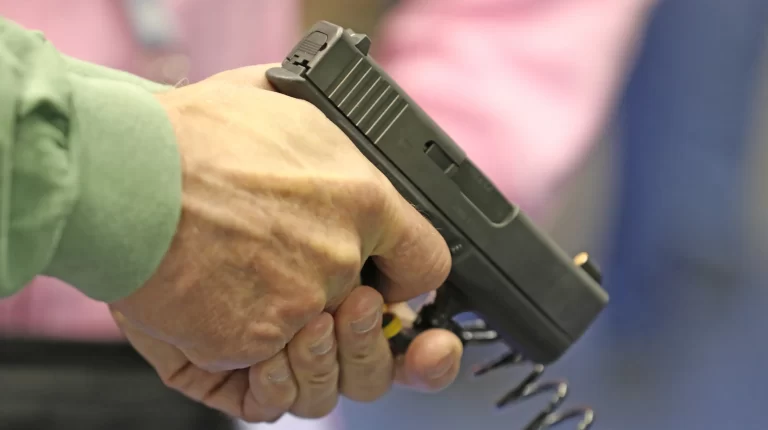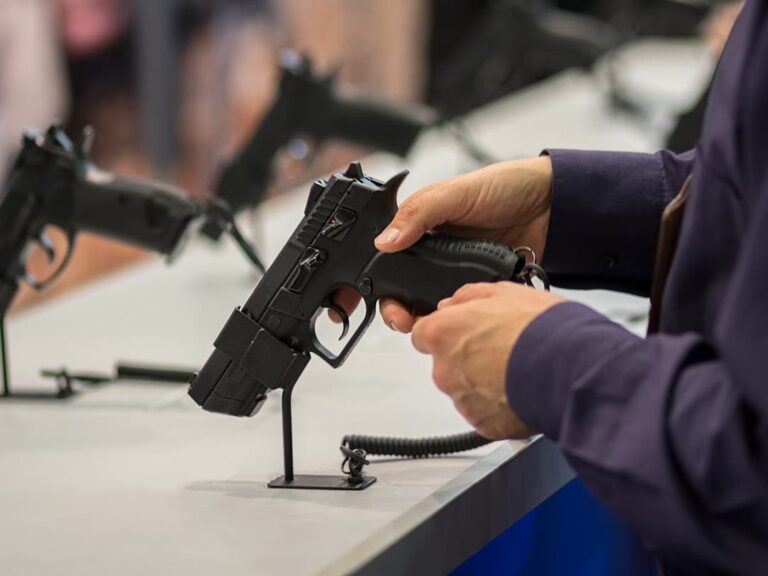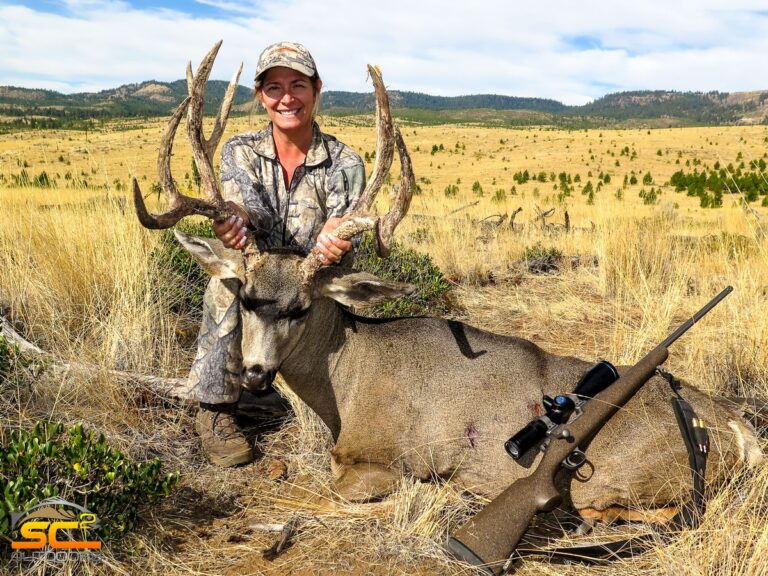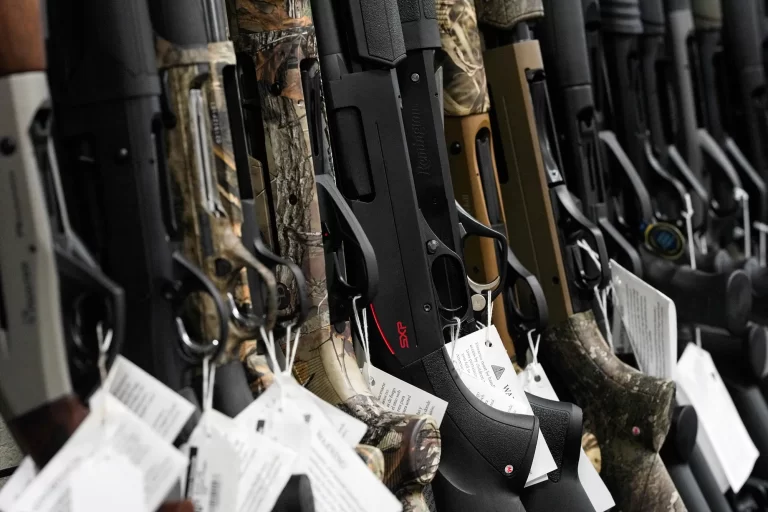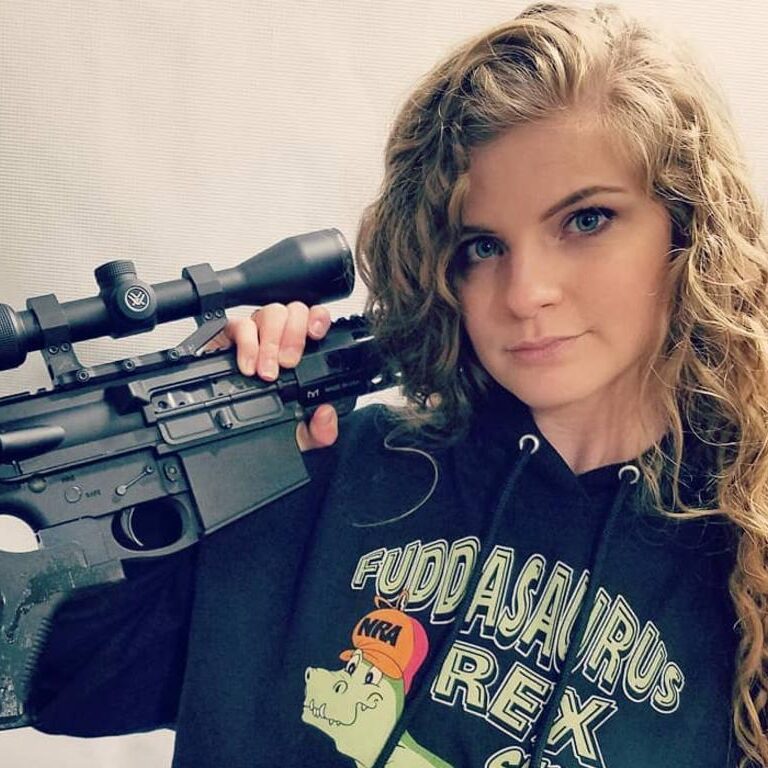California Concealed Carry Weapon (CCW): Gun Laws, Application, Requirements & Online Training
California’s gun law policy is notoriously strict, earning it the nickname “May-issue state.” Obtaining a concealed carry weapon license (CCWL) in California can be a complex process, with various restrictions and requirements. In this article, we will explore the ins and outs of California’s gun laws, including the CCW permit application process, restrictions, reciprocity, and recent legislative changes.
California Gun Law: Understanding CCW and State Regulations
California’s gun laws have long been a subject of debate, with proponents arguing that they enhance public safety, while critics view them as overly restrictive on law-abiding citizens’ rights. One of the most contentious aspects of California’s gun laws is the concealed carry weapon license (CCWL) process.
Concealed Carry Requirements and Restrictions
To be eligible for a concealed carry permit in California, an individual must meet several requirements. Firstly, the minimum age for concealed carry is 21. Additionally, the CCWL permits come with various restrictions, specifying where, how, and what type of weapon the holder can carry.
Furthermore, California law mandates that CCWL applicants undergo at least eight hours of training, which includes education on California gun laws, live fire sessions at shooting ranges, and safe handling of firearms. This training can be completed through a concealed carry class or even virtually through concealed carry online California courses.
California CCW Reciprocity
California’s strict gun policies mean that the state does not have reciprocity agreements with other states. Consequently, CCWLs issued in other states are not honored in California. Moreover, California concealed carry permits are strictly for residents only, and applicants must demonstrate residency within the state.
Despite the limited reciprocity, CCWL holders in California can still conceal carry in 11 states. However, they must ensure they comply with the laws and regulations of each state they visit.
Requirements for California CCW Permit
To apply for a California concealed carry permit, an applicant must possess a government-issued ID showing their residential address. Furthermore, they must provide a valid “good cause” for requesting a CCWL. Many people cite self-defense as their good cause, but approval ultimately depends on the issuing agency’s discretion.
Once the necessary paperwork is obtained, the applicant must undergo a fingerprinting process and an FBI background check. Additionally, they must take a test from a certified CCW instructor and qualify by meeting specific shooting standards.
Some agencies may also require applicants to undergo a psychological test, especially if they plan to use the permit for both work and personal purposes.
Prohibited Individuals from Conceal Carry
California law explicitly prohibits certain categories of individuals from owning, possessing, acquiring, or using firearms. These include convicted felons, drug abusers, individuals with multiple convictions, certain misdemeanor offenders, individuals with mental illnesses, and minors under 18 years of age.
New California Concealed Carry Laws 2020
In 2020, California enacted four new concealed carry regulations. These include a semi-automatic rifle law that allows Californians aged 21 or older to purchase such rifles but limits them to one per month for hunting purposes. Another law disallows individuals under a firearm ban in other states from legally possessing firearms in California.
The assembly bill fine-tuned the red flag statute, allowing judges to extend gun seizures for up to five years for individuals deemed dangerous. Lastly, the new law allows employers, co-workers, and teachers to directly request gun violence restraining orders against specific individuals.
Location Restrictions for California Concealed Carry
Concealed carry in California is prohibited in certain locations, such as courthouses, government buildings, open public meetings, and school grounds. Additionally, the law explicitly identifies six types of weapons considered prohibited in such places, including firearms, deadly weapons, and certain knives.
Violating California’s concealed carry restrictions can lead to misdemeanor or felony charges, resulting in jail time or prison. CCWL holders need to be aware of the regulations and comply with them to avoid legal consequences.
Loaded Weapons in California
California law prohibits carrying loaded firearms in public, making it a misdemeanor offense punishable by up to a year in county jail. Even carrying an unloaded weapon in public is illegal. However, certain individuals are exempt from this restriction, including peace officers, security guards, active-duty military personnel, hunters at shooting ranges, individuals with concealed weapons permits, and business owners who keep loaded weapons in their places of business.
Getting charged with possession of a loaded weapon can lead to a permanent criminal record, which can have significant implications for future employment and other aspects of life. It is crucial to seek legal counsel promptly if facing such charges.
Castle Doctrine Gun Law in California
California recognizes the castle doctrine, which grants individuals the right to use force, even deadly force, to defend against a home invader. This means individuals do not have a duty to retreat when someone unlawfully enters their homes.
However, the castle doctrine does not provide an absolute license to use unlimited force. The force used must be reasonable under the circumstances, and deadly force should only be used as a last resort when necessary.
Permit to carry concealed weapons in California:
It is extremely difficult for average citizens to obtain permits for concealed carry of handguns in public places in CA. One must provide proof of special danger or unique circumstances.
Conclusion
Navigating California’s gun laws, especially regarding concealed carry, can be a complex process. The state’s May-issue status and various regulations require individuals to meet specific requirements and undergo thorough training and background checks. Violations of these laws can lead to serious legal consequences, making it crucial for gun owners to understand and comply with the regulations.
California Concealed Carry FAQs
- How will I pay for the California Concealed Carry Permit application?
- Depending on the location within California, CCWL application fees range from $70 to $100.
- How long is a CCWL valid for?
- California concealed carry permits are valid for two years.
- How long will it take me to complete the California Concealed Carry Permit application?
- Applicants must complete the application within ninety days.
- Can I get a non-resident CCWL in California?
- The state only issues permits to residents, individuals working in California, and members of the United States Armed Forces with a primary assignment in the state.
- How can I renew my CCWL?
- The renewal process should be initiated three months before the permit’s expiration date, and applicants are required to complete a four-hour renewal class.
- Can you carry a concealed
- Can you carry a concealed weapon in California: In general, no. California is a “may issue” state, meaning concealed carry permits are issued only under narrow exceptions of proving just cause, residence in counties where the sheriff has a broader policy, or some retired law enforcement officers.
- Carry concealed weapon license California:
- Local county sheriffs issue licenses to carry concealed weapons (CCWs) in California, but most rarely provide them to common citizens, not in law enforcement. Strict requirements must be met to establish a good cause.
- Can I carry a concealed weapon in California:
- For most California residents, the answer is no – in practice, concealed weapons permits are restricted unless one has political influence or documented mortal danger exception.
- How to carry a concealed weapon in California:
- Absent political clout or serious documented death threats, most civilians cannot obtain permits legally allowing concealed firearms carry in California, making it effectively prohibited.
- Can active duty military carry concealed weapons in California:
- No, active military are subject to the same strict concealed carry issuance practices. There are no special CA CCW exemptions for active or retired military personnel.
